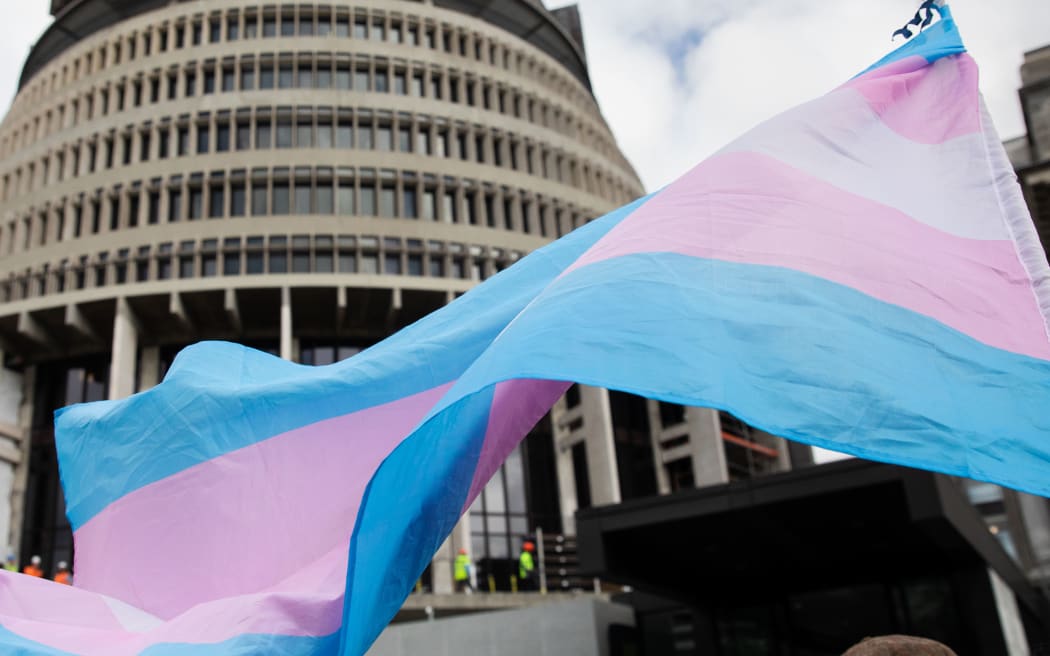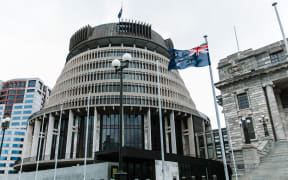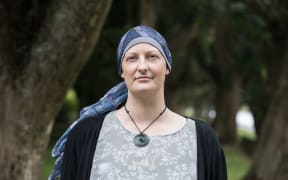
Society's response to gender identity had drawn polarising opinions and controversy, the BSA said (file image). Photo: RNZ // Angus Dreaver
The broadcasting regulator has issued new guidance for television and radio coverage of gender identity issues in response to an increasing number of complaints.
Based on recent decisions, the Broadcasting Standards Authority (BSA) said its advice acknowledged the right to freedom of speech, balanced against the right of vulnerable communities to be free from discrimination.
Society's response to gender identity had drawn polarising opinions and controversy, corresponding with an influx in complaints from both sides of various debates, the BSA said.
The guidance for broadcasters and complainants centred around protecting trans people against discrimination and denigration, misgendering and the use of inclusive language.
Complaints relying on transphobic stereotypes were unlikely to succeed, the BSA said.
BSA acting chief executive Helen Cruse said gender identity issues were assuming greater prominence in media reporting.
"As a media regulator tasked with reflecting community standards, we acknowledge the free and frank exchange of opinions is a key element of freedom of expression, and is fundamental to our democratic society.
"However, the right to freedom of expression is not unlimited and our role in this context is to consider where limits may be justified in light of harm potentially caused to already vulnerable communities.
"We issue our new guidance in a context where gender identity issues are generating considerable discussion and media coverage. It highlights key matters recognised and determined in recent BSA decisions which may assist broadcasters and members of the public considering these issues."
The BSA found trans people were a recognised section of the community protected by discrimination and denigration standards, in line with a similar provision in the Human Rights Act.
Trans and non-binary people were vulnerable to harm by being referred to with a name or pronoun that did not accurately reflect their gender, the BSA said.
The authority encouraged broadcasters to stay alert to changing audience expectations around language, noting harm could be caused regardless of speakers' intentions.
The regulator said inclusive language was unlikely to breach broadcasting standards, citing a Morning Report item on trans men and non-binary people missing out on cervical screenings. The BSA found the term "people with cervixes" was accurate and did not denigrate women.
The authority said it could decline to determine complaints relying on transphobic tropes, saying the evidence behind a number of them was strongly disputed and reliance on them was capable of embedding long-standing prejudice.
These commonly involved a variation of the trope that gender identity was a mechanism to exploit women, the BSA said.





